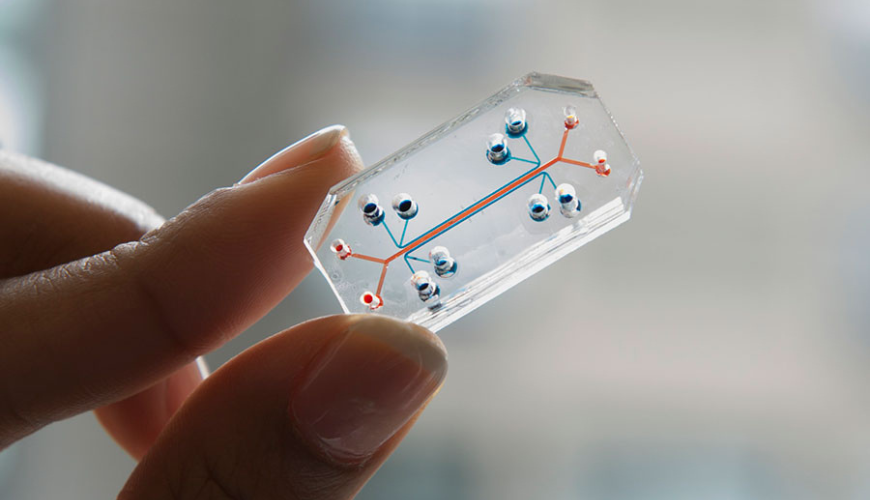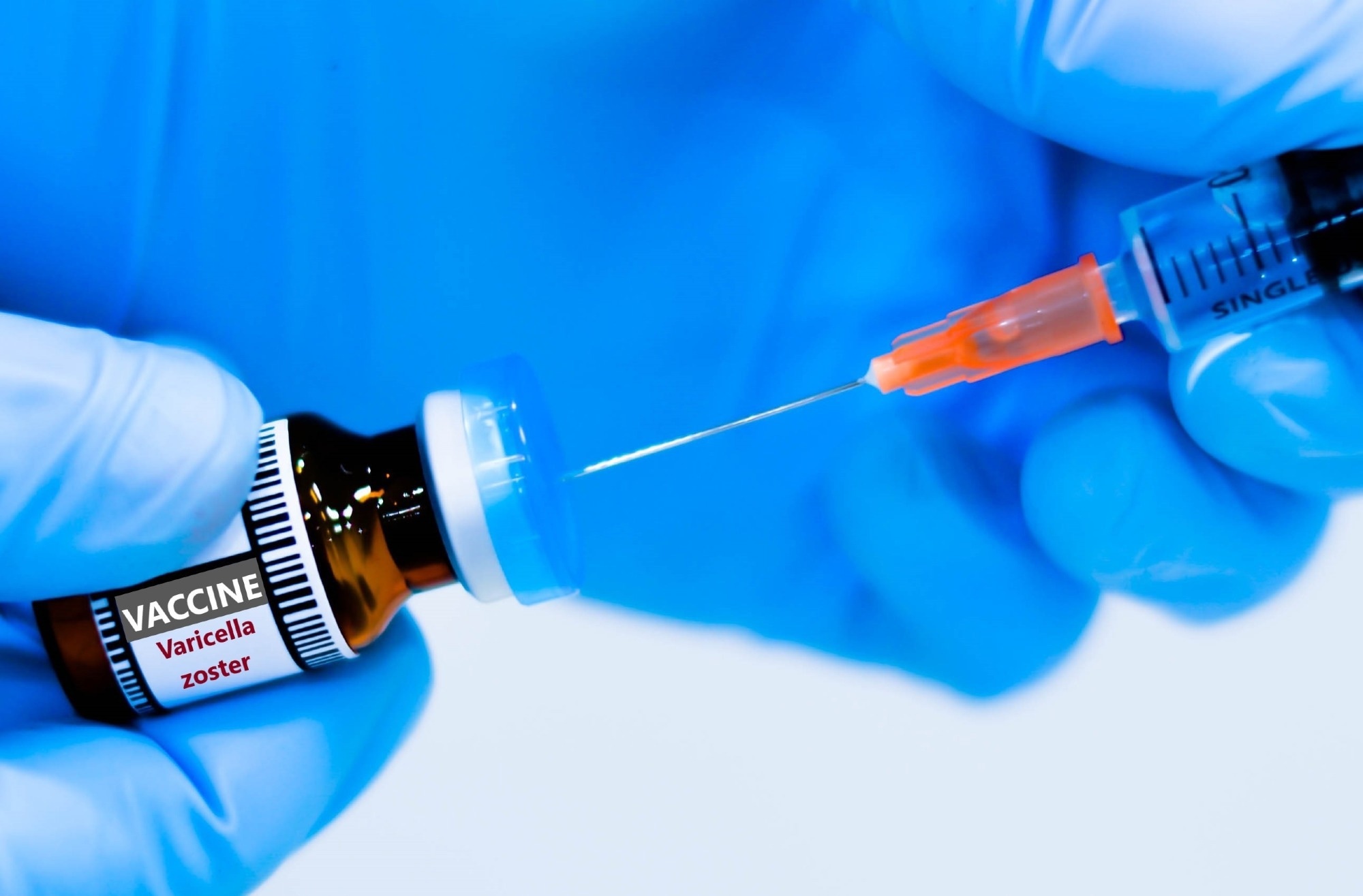By Florina Gobel – Center for Contemporary Sciences –
In the article Human disease models in drug development published in Nature, the authors delve into the critical role of human disease models in drug development, emphasizing the importance of bridging the gap between bench and bedside. They shed light on the challenges and opportunities associated with leveraging human disease models to accelerate the discovery and development of novel therapies.
The traditional use of animal testing in preclinical drug testing factors into the notoriously high failure rate of the current drug development process. The authors underscore the limitations of animal testing when it comes to accurately predicting drug response in humans. This recognition sets the stage for a compelling exploration of the potential of human disease models.
A diverse range of human disease models is currently employed in drug development. From patient-derived cells and tissues to organoids, the authors highlight the advances that have been made in recreating human disease physiology in the lab.




